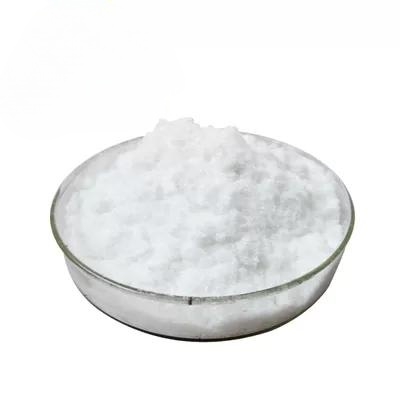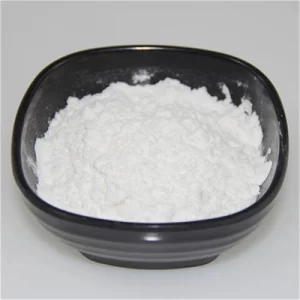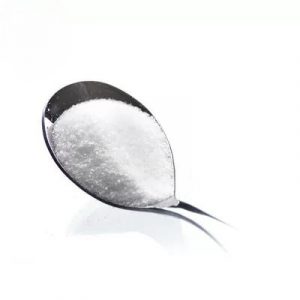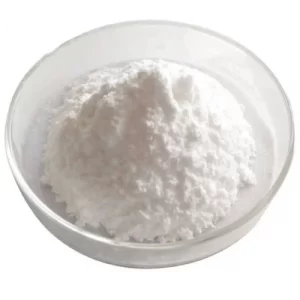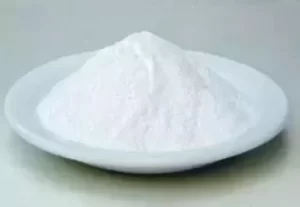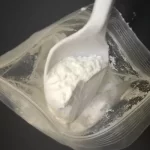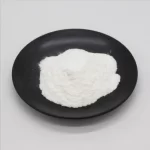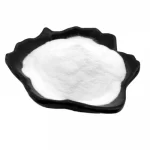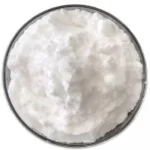Description
Pharmaceutical High Purity Raw Powder Dexamethasone sodium phosphate CAS 55203-24-2
Description
| Cas: | 55203-24-2 | MF: | C22H28FNa2O8P |
|---|---|---|---|
| MW: | 516.4 | EINECS No.: | 219-243-0 |
| Color: | White To Off-white | Storage: | 2-8°C |
| Solubility: | H2O: 50 Mg/mL, Clear, Faintly Yellow |
Pharmaceutical High Purity Raw Powder Dexamethasone sodium phosphate CAS 55203-24-2
Product introduction
| Product name | Dexamethasone sodium phosphate |
| CAS No. | 55203-24-2 |
| MF | C22H28FNa2O8P |
| MW | 516.4 |
| EINECS No. | 219-243-0 |
| Color | white to off-white |
| Storage | 2-8°C |
| Solubility | H2O: 50 mg/mL, clear, faintly yellow |
Description:
Dexamethasone Sodium Phosphate is an adrenal cortical hormone drug with anti-inflammatory, anti-allergic, anti-rheumatic, and immunosuppressive effects. It is commonly used in allergic and autoimmune diseases.
Uses:
Mainly used for allergic and autoimmune inflammatory diseases. It is mostly used for connective tissue disease, active rheumatism, rheumatoid arthritis, lupus erythematosus, severe bronchial asthma, severe dermatitis, ulcerative colitis, acute leukemia, etc. It is also used for some serious infections and poisoning, malignant lymphoma. Comprehensive Treatment.
Side effects:
Glucocorticoids have no obvious adverse reactions in the application of physiological dose replacement therapy, and the adverse reactions mostly occur in the application of pharmacological doses, and are closely related to the course of treatment, dose, type of medication, usage and route of administration. Common adverse reactions are as follows:
1. Long-term use can cause the following side effects: iatrogenic Cushing’s syndrome face and posture, weight gain, lower extremity edema, purple striae, easy bleeding tendency, poor wound healing, acne, menstrual disorders, avascular necrosis of the humeral or femoral head , Osteoporosis and fractures (including vertebral compression fractures, pathological fractures of long bones), muscle weakness, muscle atrophy, hypokalemia syndrome, gastrointestinal irritation (nausea, vomiting), pancreatitis, peptic ulcer or perforation, Growth suppression, glaucoma, cataracts, benign intracranial hypertension syndrome, impaired glucose tolerance, and exacerbation of diabetes in children.
2. Psychiatric symptoms may occur in patients: euphoria, agitation, delirium, restlessness, disorientation, and depression. Mental symptoms are likely to occur in people with chronic wasting disease and those who have had mental disorders in the past.
3. Concurrent infection is the main adverse reaction of adrenal cortex hormones. Fungi, Mycobacterium tuberculosis, Staphylococcus, Proteus, Pseudomonas aeruginosa and various herpes viruses are the main ones.
4, glucocorticoid withdrawal syndrome. Dizziness, tendency to faint, abdominal or back pain, low-grade fever, loss of appetite, nausea, vomiting, muscle or joint pain, headache, fatigue, weakness sometimes occur after discontinuation of the drug, if adrenal insufficiency and underlying disease can be ruled out after careful examination relapse can be considered as glucocorticoid dependence syndrome.

